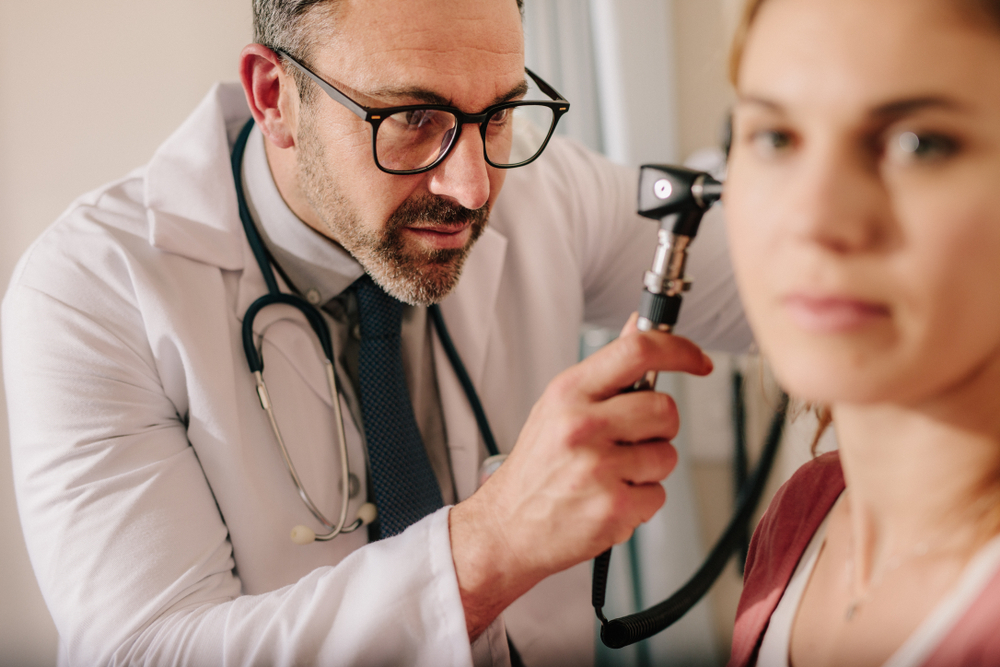Congratulations! You have decided that you are going to embark on a journey to better hearing. Research has shown that most people wait an average of five to seven years from the time they notice their hearing loss or a family member mentions it, to when they begin the process of seeking help for their hearing loss. As you start your journey, here are a few tips to keep you on track.
If you have not had a recent hearing test or exam, you may want to consider visiting your primary care physician or otolaryngologist (ENT). Recently, the FDA decided it is not enforcing a rule that requires a visit to a physician prior to obtaining hearing aids. Hearing aids are currently only sold by audiologists or hearing specialists. You can search online or in your local newspaper for hearing care professionals near you. You will probably want to find a practice that is near your home, but other factors such as convenient office hours, telehealth or walk-in appointments for repairs may be important. You may want to schedule a few initial visits to find a hearing professional that you are comfortable working with.
 During your initial visit you should discuss your listening needs and discuss any dexterity or visual issues you have. All of these may influence the type of hearing aids that are recommended for you. In addition, ask about policies and pricing of their product and services. Policies such as return privilege or trial periods and product warranty are important to understand as you find a product that suits your needs. Ask if the hearing aids and all services are included in the price or if these are unbundled, that is the product and services are priced separately.
During your initial visit you should discuss your listening needs and discuss any dexterity or visual issues you have. All of these may influence the type of hearing aids that are recommended for you. In addition, ask about policies and pricing of their product and services. Policies such as return privilege or trial periods and product warranty are important to understand as you find a product that suits your needs. Ask if the hearing aids and all services are included in the price or if these are unbundled, that is the product and services are priced separately.
Another area to explore is the testing that you will undergo. Does the practice use tone testing only or are they using speech materials to determine your ability to hear and understand both in quiet and noisy environments? Do they use advanced techniques such as probe microphone testing (also called real-ear testing) to determine the actual amount of amplification produced in your ear canal? Lastly do they use outcome measures that judge the improvement you are receiving from your new hearing aids. These outcome measures may be online or simple paper questionnaires.
Though there are many questions to consider in order to find a treatment that will work best for you, there is no better time than the present to address your hearing loss and improve your quality of life. Good hearing is thought to have positive benefits on brain functioning, such as memory, and helps with our overall independence, security and awareness. Conversely, research shows that hearing loss is associated with higher rates of isolation, depression, dementia and falls that require hospitalization. To make the journey simpler, we recommend visiting a hearing health professional with someone you trust and who understands your unique hearing loss, such as a spouse, friend, child, or roommate. Having someone accompany you to hearing health visits can help you remember the above questions and may assist you in describing how your hearing loss has affected your daily routine. Hearing tests are quick, pain free and will give you a better idea of your next steps toward treatment.
Remember, better hearing can improve your physical and overall health. Keep your journey moving forward. Hear Well – Stay Vital.